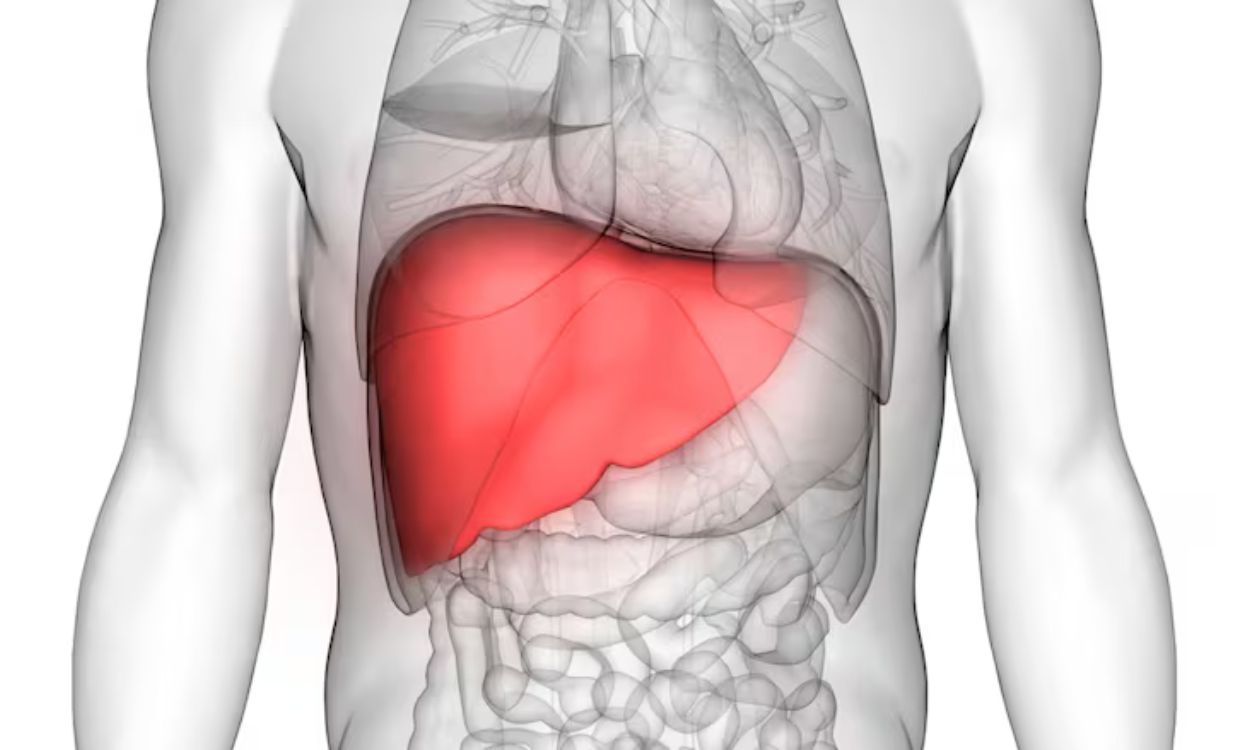Unveiling the Hidden Connection: Can Fatty Liver Impact Your Heart Health?
Introduction
In the dynamic world of health and wellness, there’s a silent player that often goes unnoticed—Non-Alcoholic Fatty Liver Disease (NAFLD). While its implications on liver health are well-documented, there’s growing evidence suggesting that a fatty liver could be a significant contributor to cardiovascular issues. For many in India, where lifestyle changes and dietary habits are rapidly evolving, understanding this connection becomes crucial. So, can fatty liver affect the cardiovascular system? Let’s dive into the details.
Understanding Fatty Liver and Its Prevalence
NAFLD is a condition characterized by an excess buildup of fat in liver cells, not caused by alcohol consumption. In India, the prevalence of NAFLD is on the rise, attributed to sedentary lifestyles, unhealthy diets, and increasing rates of obesity and type 2 diabetes. Left unchecked, a fatty liver can progress to more severe liver conditions, such as non-alcoholic steatohepatitis (NASH), fibrosis, cirrhosis, and even liver cancer.
The Cardiovascular Connection
The liver plays a pivotal role in metabolism and detoxification, influencing several systemic processes in the body. A fatty liver can disrupt glucose metabolism, lipid regulation, and inflammatory pathways, contributing to an increased risk of cardiovascular diseases (CVD).
1. Insulin Resistance and Metabolic Syndrome: NAFLD is closely associated with insulin resistance, a precursor to type 2 diabetes, which in itself is a major risk factor for cardiovascular diseases. This relationship solidifies the liver-heart axis.
2. Dyslipidemia: Individuals with NAFLD often exhibit abnormal lipid profiles, including high levels of triglycerides and low levels of high-density lipoprotein (HDL) cholesterol. These lipid imbalances are significant risk factors for atherosclerosis—a condition characterized by plaque buildup in the arteries, leading to heart attacks and strokes.
3. Inflammation: Chronic inflammation is a common underlying factor in both NAFLD and cardiovascular diseases. The liver releases inflammatory cytokines and liver enzymes that can damage blood vessels and contribute to heart disease.
4. Hypertension: NAFLD patients often exhibit increased blood pressure levels due to stiffening of blood vessels, which can add stress to the heart, potentially leading to heart failure over time.
5. Oxidative Stress: The oxidative stress associated with liver fat accumulation can damage cells and tissues, exacerbating cardiac conditions.
Steps to Mitigate Risk and Promote Heart Health
For those grappling with or at risk for NAFLD, prioritizing liver health is a proactive way to safeguard your heart.
– Dietary Adjustments: Adopting a diet rich in fruits, vegetables, whole grains, and omega-3 fatty acids can help reduce liver fat and improve cardiovascular health.
– Regular Exercise: Engaging in regular physical activity aids in weight management and improves insulin sensitivity.
– Medical Monitoring: Regular check-ups with a healthcare provider for liver function tests and cardiovascular risk assessments can catch potential issues early.
– Weight Management: Maintaining a healthy weight through balanced nutrition and exercise is crucial in reducing the risk of NAFLD and related cardiovascular issues.
Introducing Fitpaa: Your Partner in Health
As we uncover these hidden connections between fatty liver and heart health, taking charge of your well-being becomes imperative. Enter Fitpaa, a revolutionary app designed to transform your health journey.
Fitpaa is more than just an app—it’s your comprehensive health partner. By leveraging cutting-edge technology and expert guidance, Fitpaa offers personalized health plans tailored to your unique needs. Whether it’s managing weight, optimizing metabolism, or enhancing cardiovascular health, Fitpaa supports you every step of the way.
Why Choose Fitpaa?
– AI-Driven Metabolism Monitoring: Fitpaa’s technology precisely monitors and manages your metabolism, ensuring you stay on track with your health goals.
– Personalized Health Plans: Get access to custom-tailored exercise routines and diet plans that fit your lifestyle and preferences.
– Expert Support: With Fitpaa, you’re backed by a team of fitness coaches, nutritionists, and doctors dedicated to your success.
– Easy-to-Use Interface: The user-friendly app makes tracking your progress and staying motivated a breeze.
Conclusion
Understanding and managing the link between fatty liver and cardiovascular health can significantly improve your overall well-being. With the right tools and support, such as Fitpaa, you’re equipped to make informed decisions that benefit both your liver and your heart. Embrace a healthier lifestyle today—download the Fitpaa app and embark on a journey towards a fitter, healthier you.











